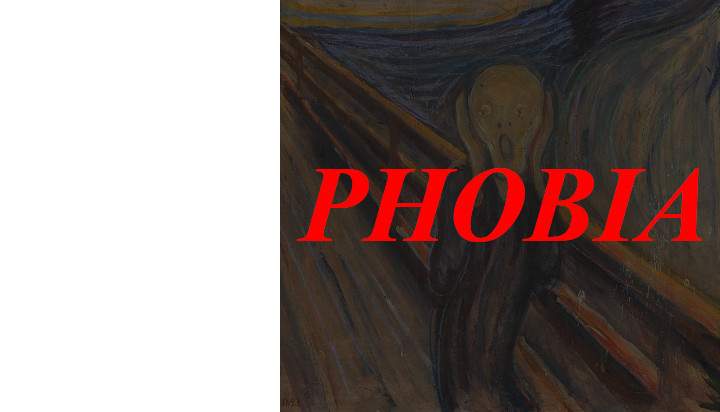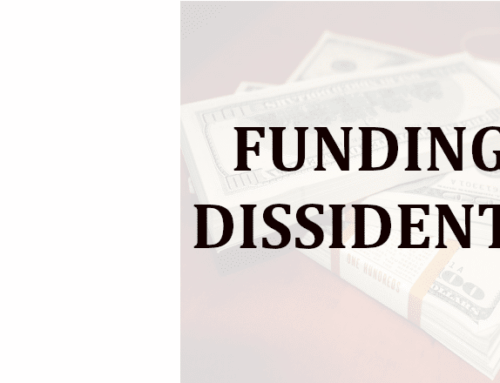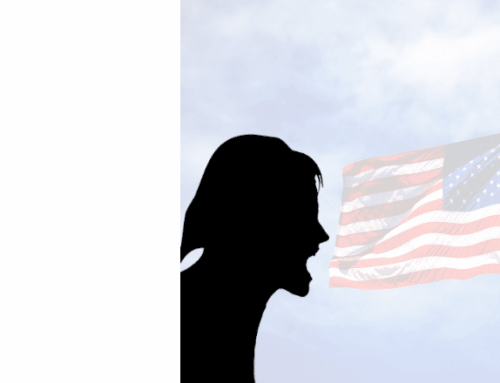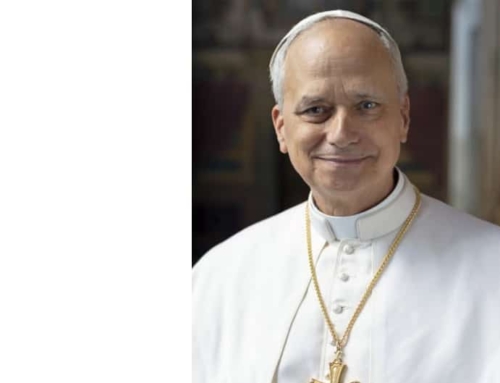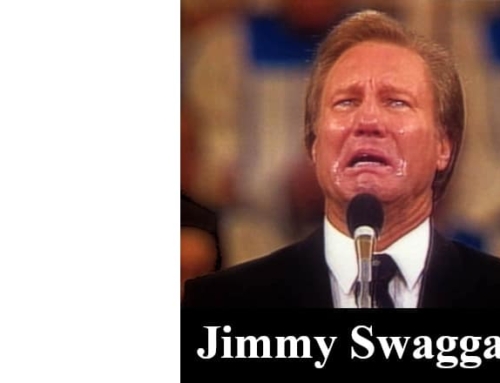We hear a lot about phobias these days. Islamophobia, transphobia, fat phobia, but no one seems to notice religiophobia. There is a reason for this: the trio of phobias mentioned are invoked by liberals against conservatives, and they don’t see themselves as harboring a phobia about religion, or about anything else for that matter. Yet the evidence suggests otherwise.
Reuters, the British news service, recently did a story on politics and religion. So did the New York Times. They both honed in on evangelical support for Donald Trump.
Reuters noted that at a rally in Quemado, Texas, “vendors sold shirts, flags and hats promoting the Republican former president while conservative speakers touted conservative Christian values and criticized the border policies of President Biden, a Democrat.”
The New York Times covered the same event, saying it “featured an unexpected blend of political anger and religious ardor,” complete with “evangelical sermons, music and speeches.”
On the website of Time, an invitation was extended to sociologist Samuel L. Perry to offer an analysis. He noted, quite correctly, that America is becoming more secular, saying that “much of what religious institutions historically provided America’s citizens—education; counseling; support for the needy; marriage options; entertainment; and explanations for how the world works—are increasingly provided by the state and the market.”
Then Perry veers left. He tells us that as a nation we have become “an increasingly cosmopolitan, multiracial democracy where liberal values of tolerance are celebrated.” He maintains that young people are tuning out the voice of religious conservatives, and this is what is making them more secular.
A more persuasive case can be made that our culture has become so phobic about religion that of course young people are turned off. Whether it be in the mainstream media, social media, the schools, or the entertainment industry, Christianity has been marginalized, if not demonized. The drumbeat is steady, and it is effective.
But the biggest mistake is thinking that “liberal values of tolerance are celebrated.” By whom? Not by liberals.
In 2020, a Cato study found that 77 percent of conservatives, 64 percent of moderates, and 52 percent of liberals said they were afraid to say what they think. On the subject of religion, 33 percent of Democrats felt free to express their viewpoint in most situations on a daily basis, but the figure for Republicans was just 14 percent; it was 32 percent for liberals and 18 percent for conservatives.
In 2021, a Lifeway Research survey found that “nearly 60% agreed that Christians increasingly are confronted by intolerance in America today.” Those who regularly attend religious services were even more likely to say this is true. As expected, young people and those who are religiously unaffiliated were the least likely to agree.
In 2022, a McLaughlin survey commissioned by the Catholic League found that 62 percent of Catholics agreed that “it is getting harder to practice your faith publicly in America.”
It is people of faith, especially conservatives, who are being bullied. And it is secular liberals who are doing the bullying.
It is commonplace for liberals to see themselves as the tolerant ones. Yet it is not conservatives who are punishing the speech of those who “misgender” someone. It is liberals who are promoting thought control.
Not to be misunderstood, there are, in fact, intolerant conservative Christians. But to portray them as the problem, while ignoring the antics of liberals who are phobic about religion, is simply unfair and inaccurate.


